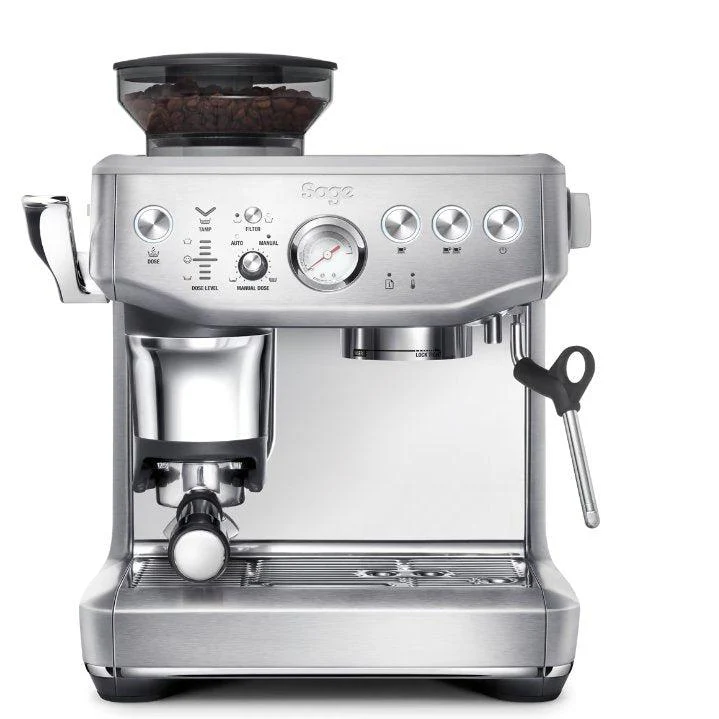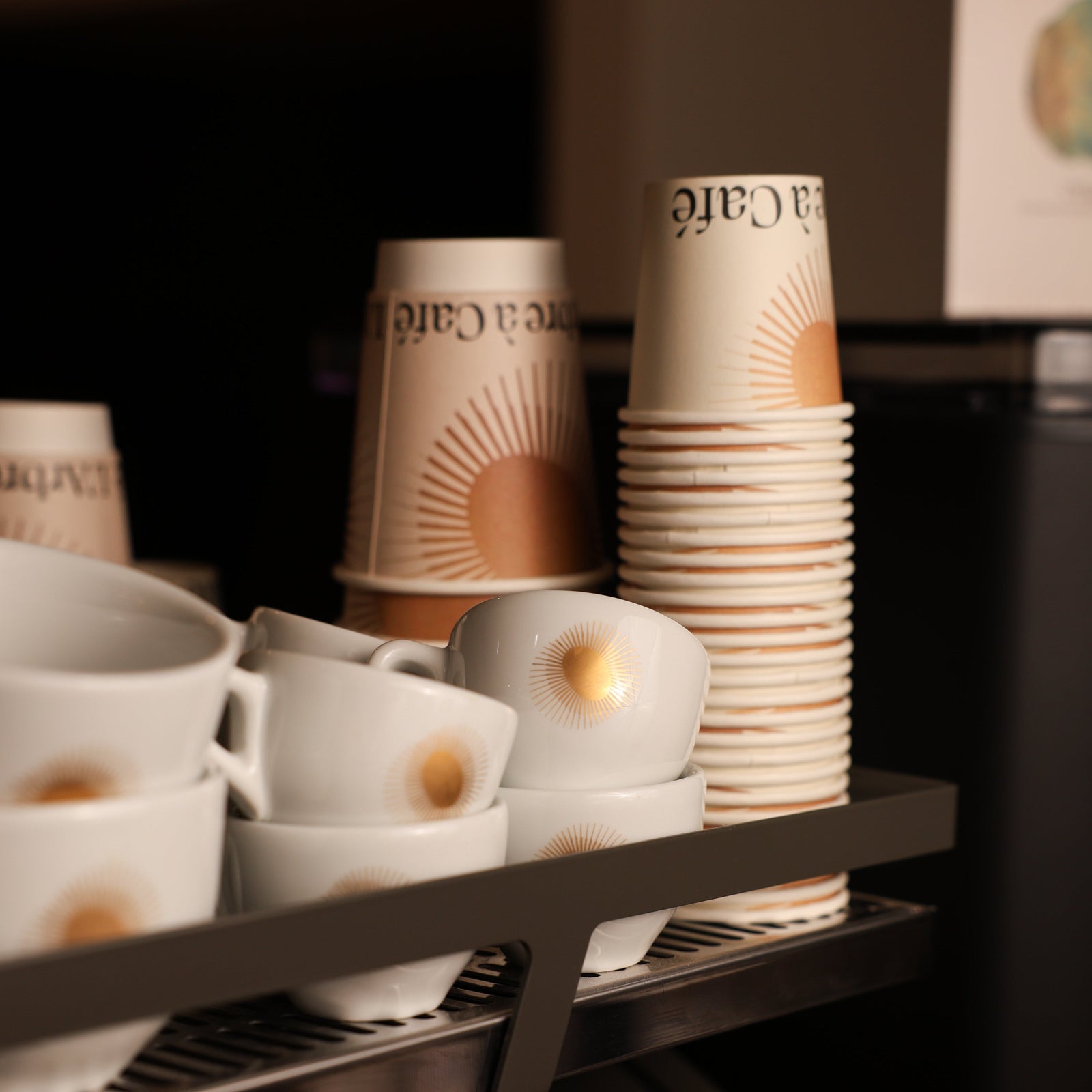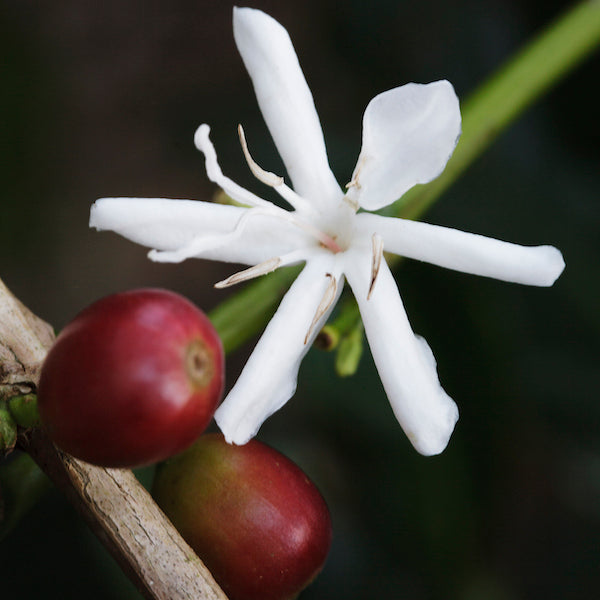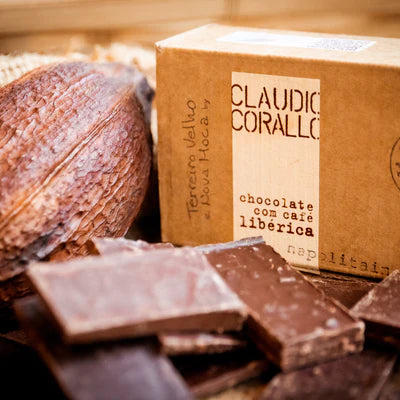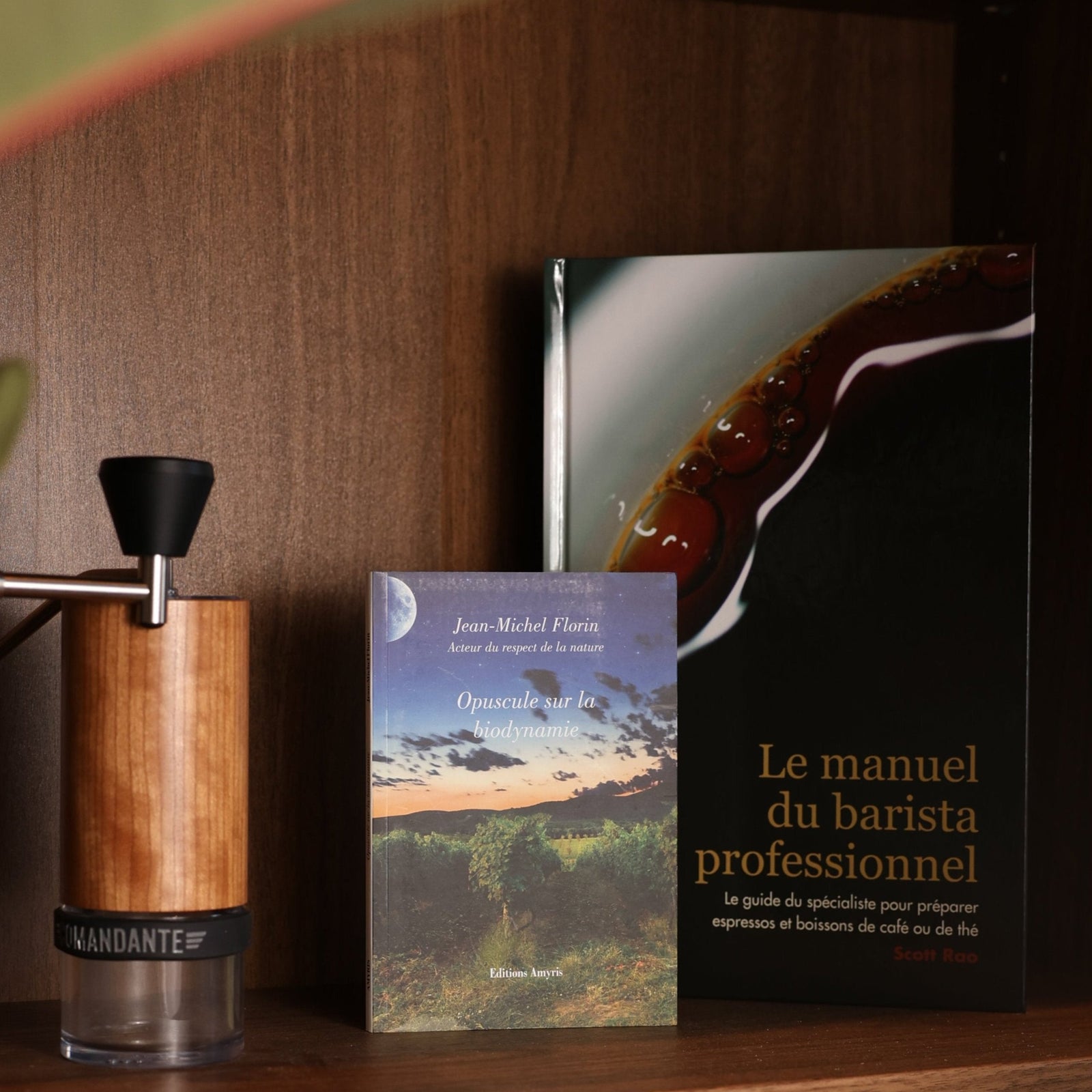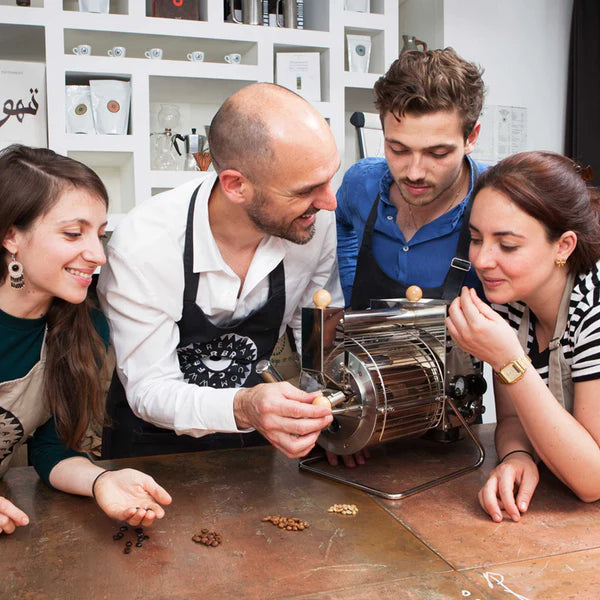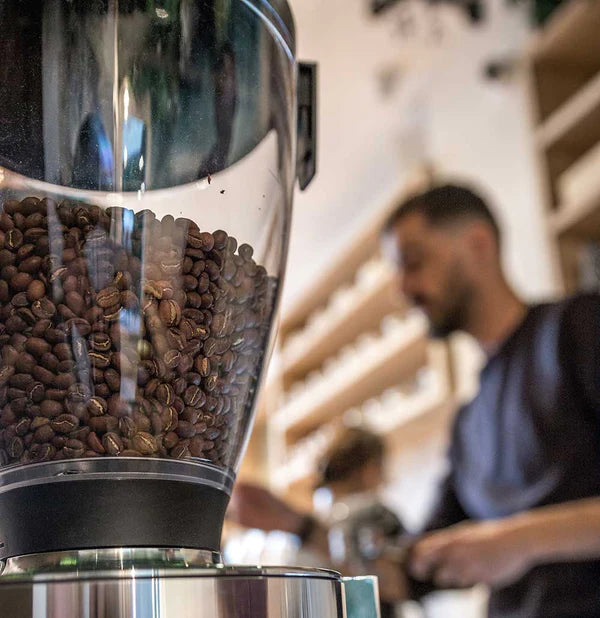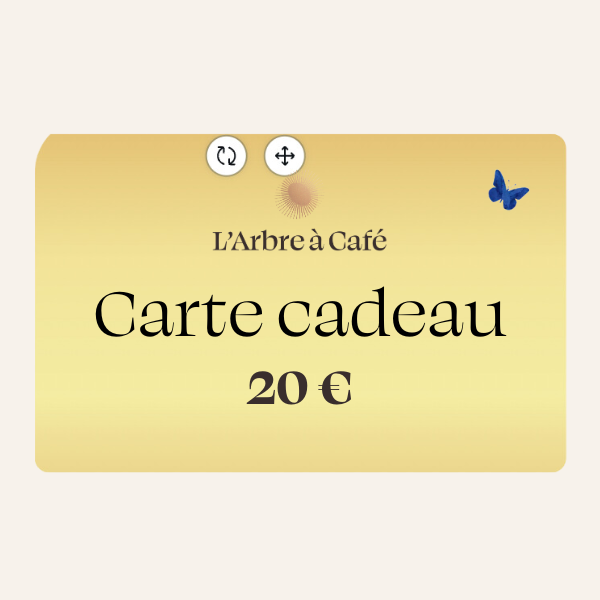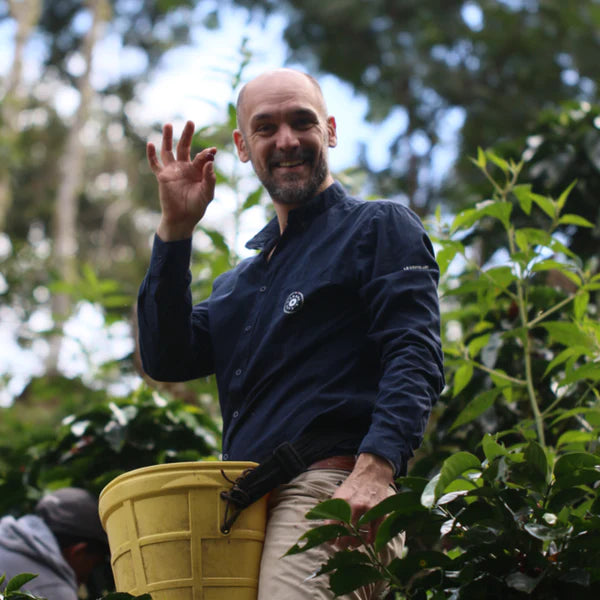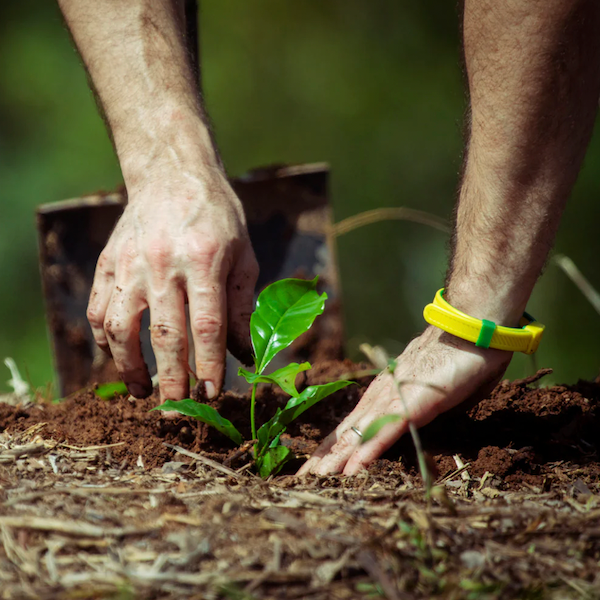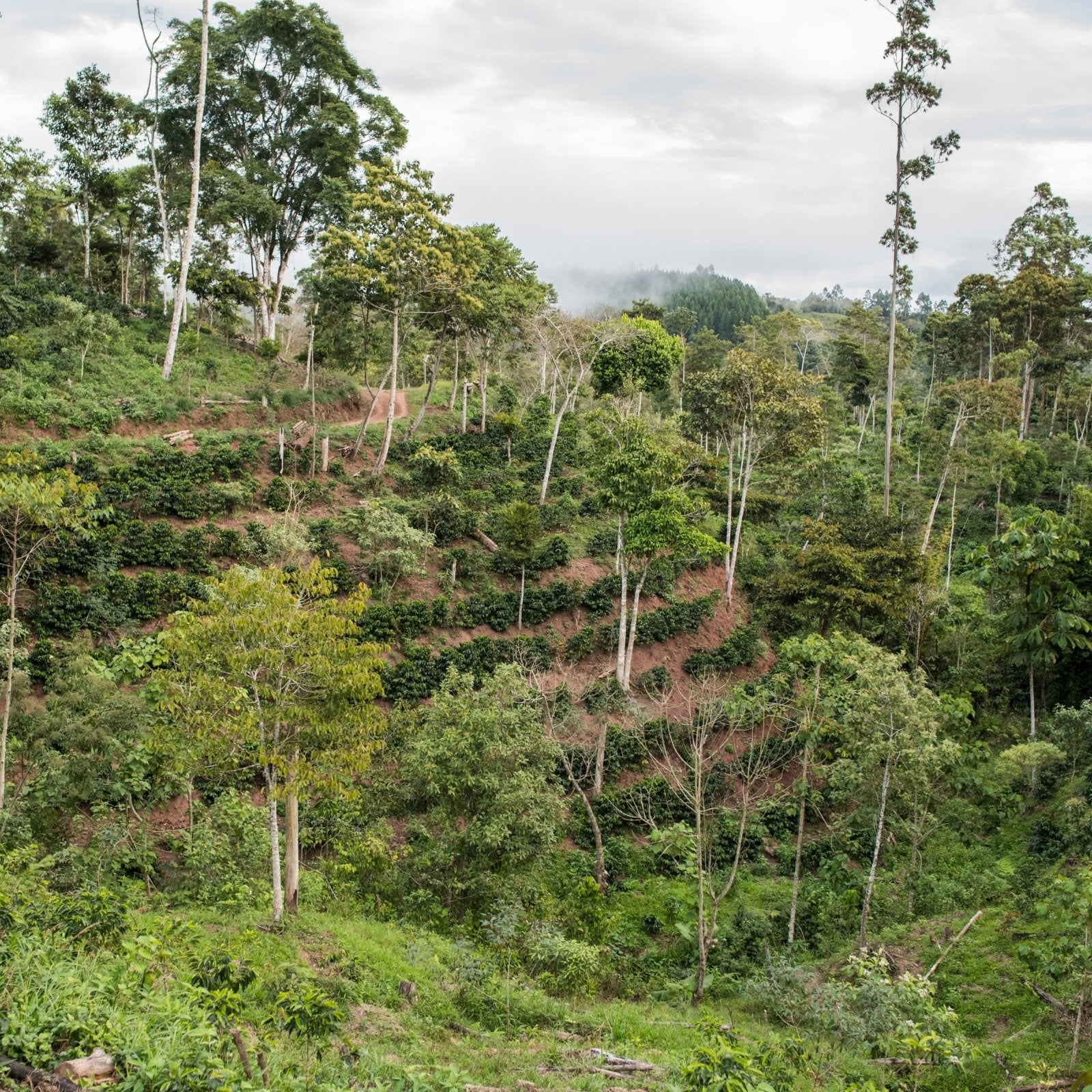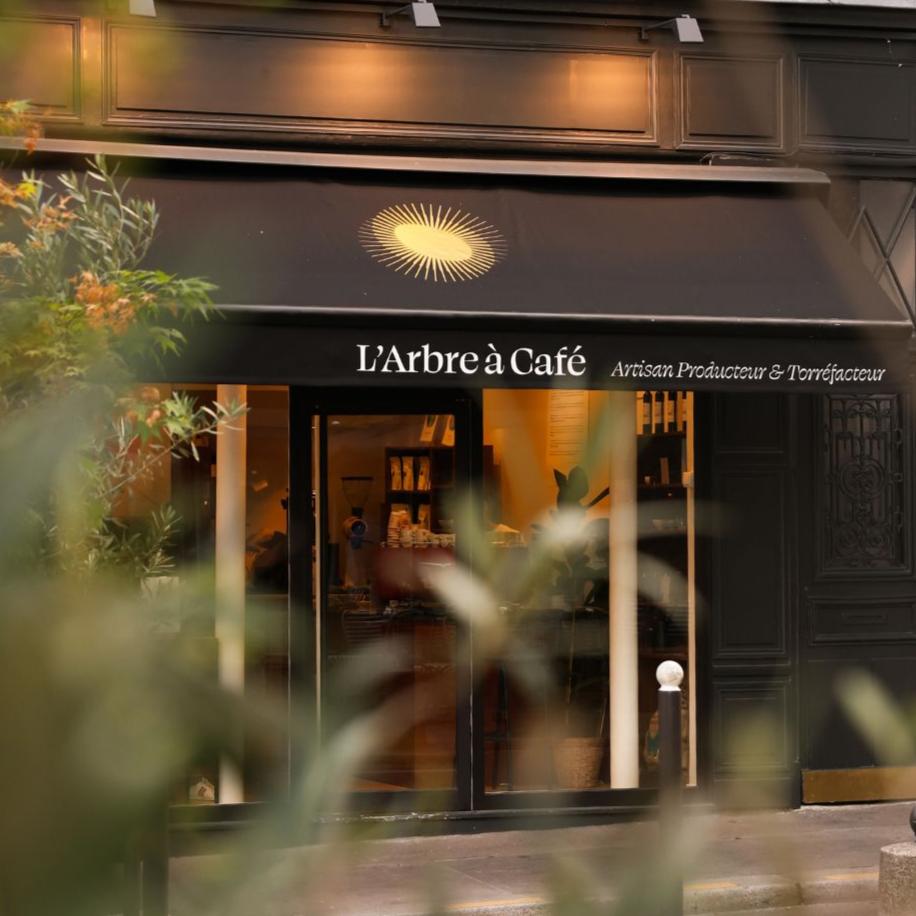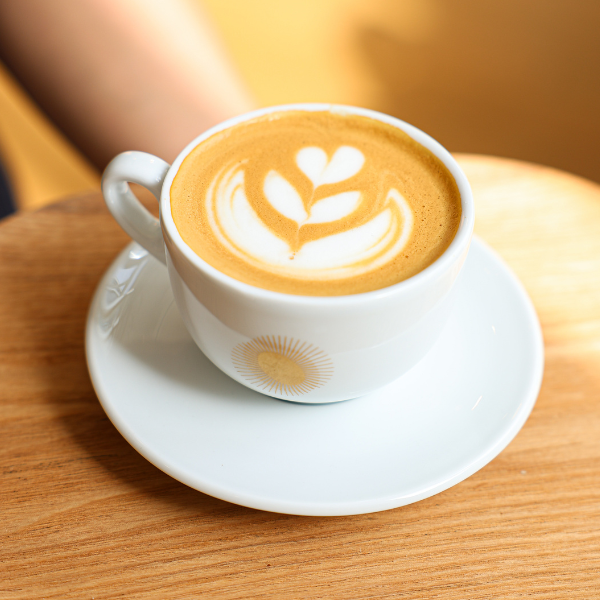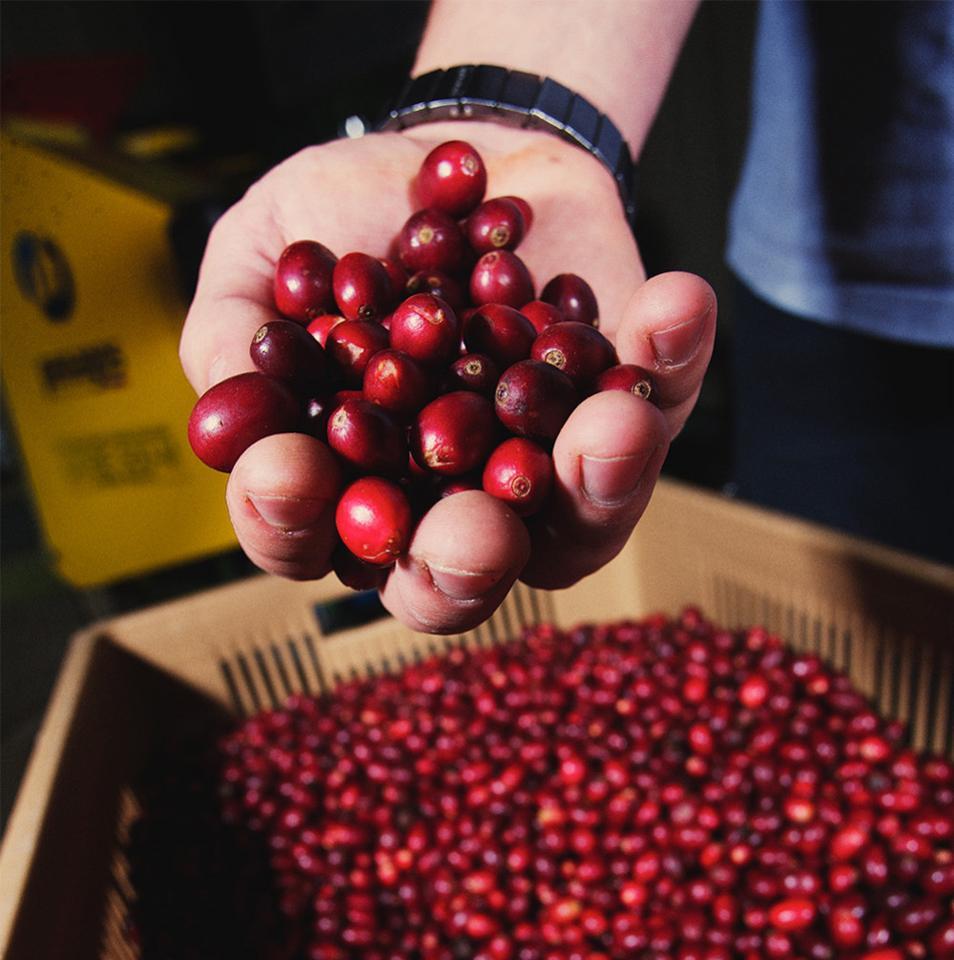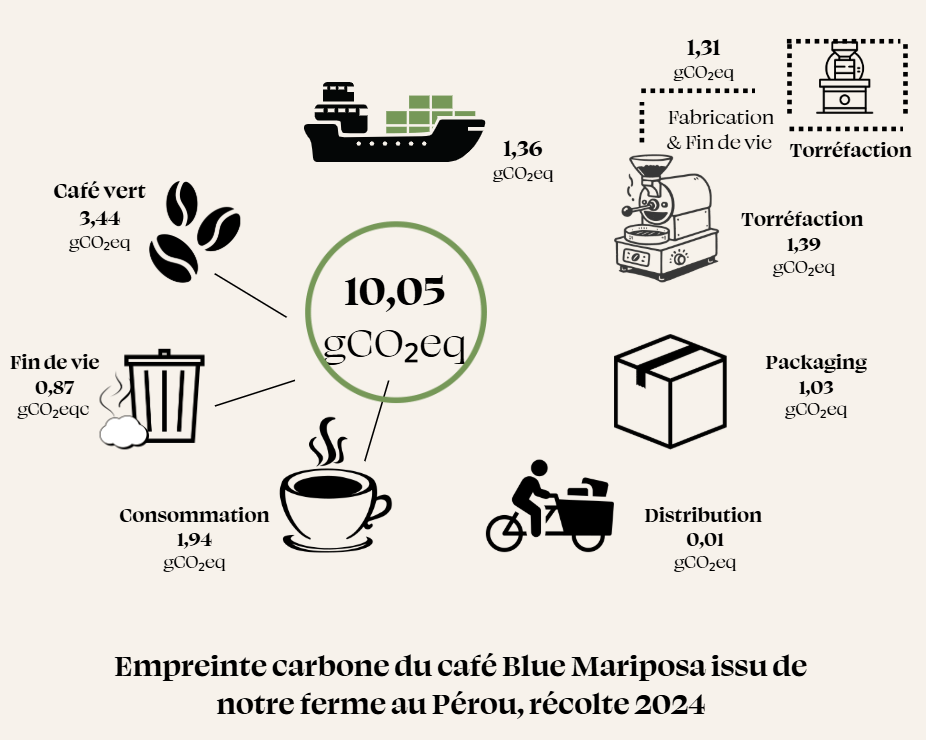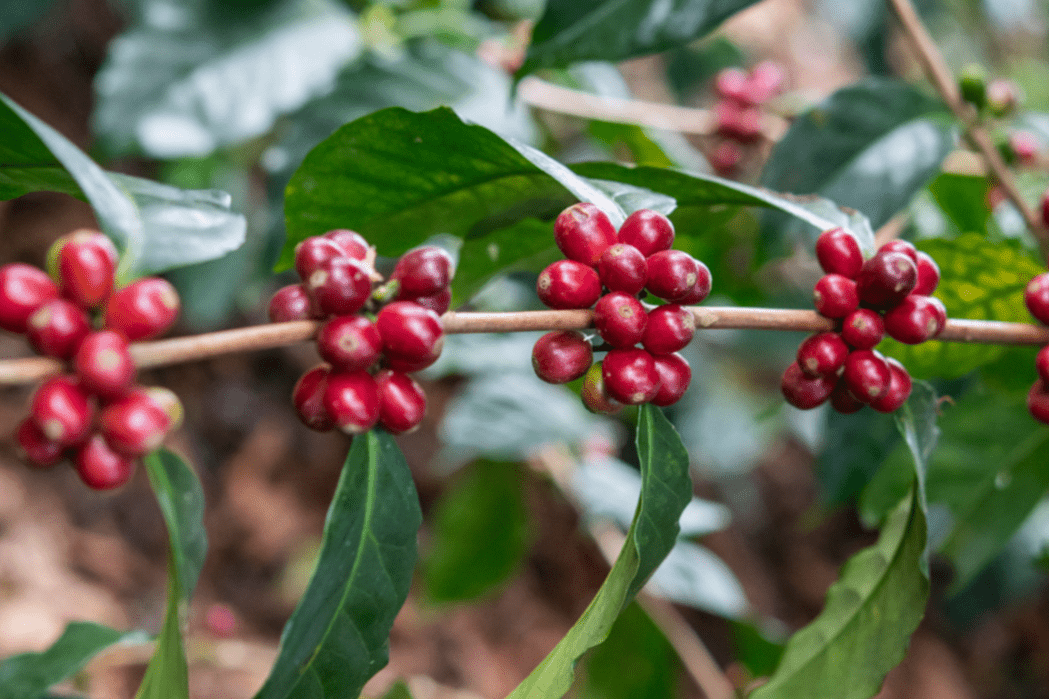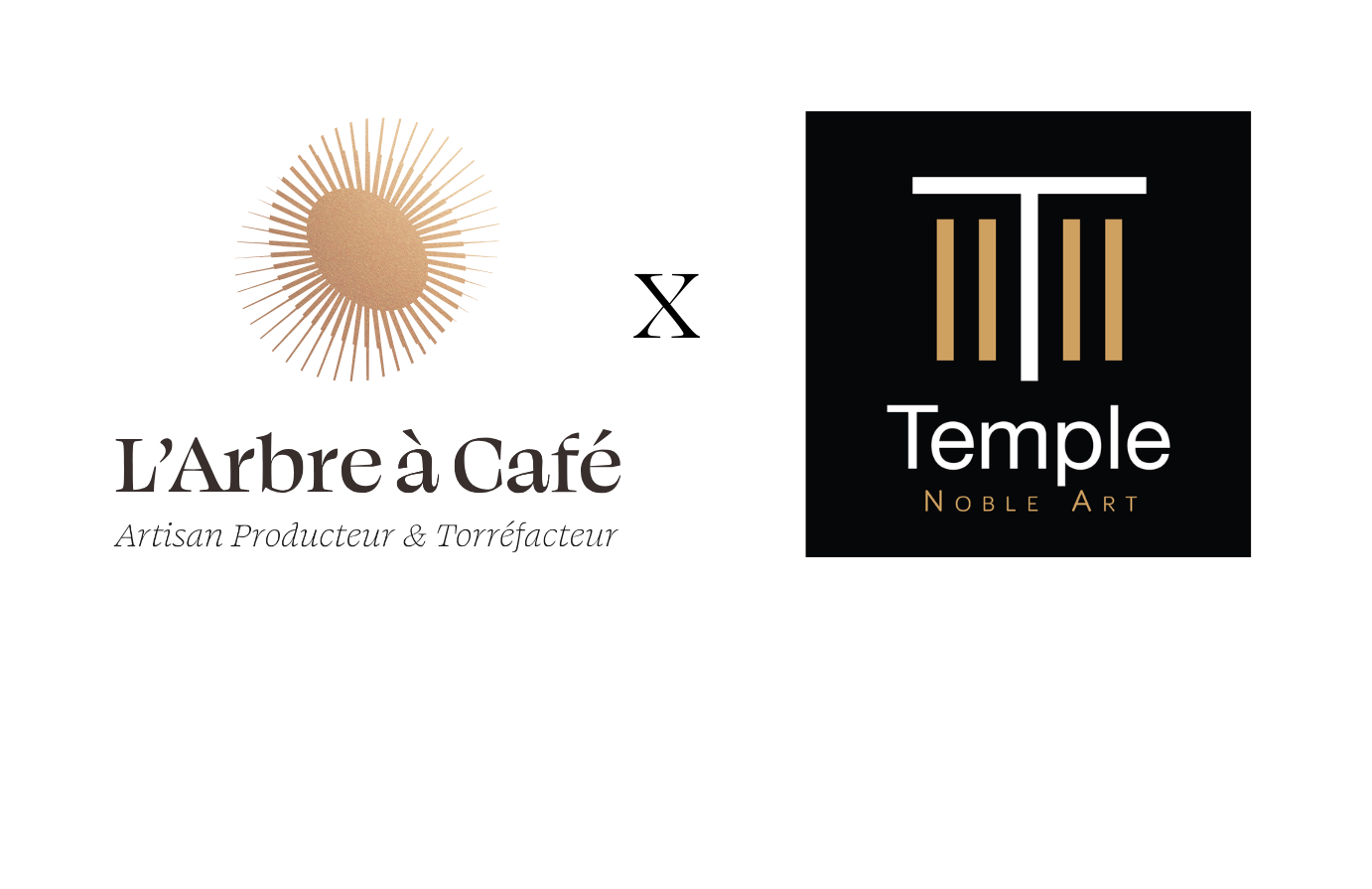Viticulture is the agriculture that consumes the most chemical inputs - pesticides, fungicides, fertilizers, yeasts - and oenology is a biochemistry that works with a very vast repertoire of industrial substances. It is probably because everyone knows it now, and despite the absence of wine labeling, that organic wines sell better than conventional ones and that it is enough to put an AB logo in front of a wine on a wine list for it to become the restaurant's best seller. This is probably also why natural, organic or biodynamic wines, far from experiencing a crisis, have been experiencing double-digit growth in sales for several decades.
And it is not only wine that is undergoing this revolution, which you and we have adopted. What about bread? To choose between an organic and a conventional bread.... What about yogurt, milk or eggs?
These products are appreciated for their innocuousness and their traceability, which is why the proportion of organic products in baby food is the highest. We also appreciate them for their very different taste, purer, truer, less masked, less tainted, in short, more honest and authentic. In a word, it's better.
It is better for us, who drink or eat them, and also better for the earth, which is regenerated by this type of farming, and also for the farmers themselves, who find happiness and meaning in their professional life, which has become harmonious.
Well, in the coffee shop, it's the same thing.
Yes, coffee is a product like any other. Yes, growing coffee requires the use and abuse of fertilizers, pesticides, herbicides, fungicides and glyphosate. Yes, coffee growing, especially in countries like Brazil and Vietnam, resembles the old and dying world of irrigated monoculture, under perfusion and on a pioneer front. It is not different, in most cases, from the much-denounced soybean culture. Pioneer front, excessive mechanization, monoculture on thousands of hectares, dead soil and non-existent organic matter. This is the reality of many plantations.
Yes, small-scale farmers like others use a plethora of chemicals to cultivate their plots. On the one hand, because they are invited to do so by governments, chambers of agriculture and cooperatives that promote their green revolution and force their members to follow precise protocols. On the other hand, because it is the labor that costs the most, not the chemical inputs. The less income a producer has, the more he will turn to chemicals. The lower the market price, the less certified organic coffee there is... One bottle of roundup does the work of 4 men...
Yes, organic is more expensive to produce than conventional. Always, especially if we forget all the collateral costs of the conventional which are paid by our societies (soil and water pollution, diseases, plastic pollution from bags, bottles...).
Yes, finally, organic is not paid enough to the producer, who receives a 20 cent per pound premium over the market price. But when prices are low, organic or not, they stay low, the 20 cents don't make much difference and don't compensate for the lower yields and higher costs.
However, the mission of L'Arbre à Café is to do good to the earth and to people. So for more than 10 years, we have been offering you coffees that come from the best agricultural practices: organic, biodynamic, agroforestry, agro-ecology.
We don't stop there since we import, most often, directly from producers in order to support them in their commitment and go as far as to finance their organic or demeter certifications (the only biodynamic label) as for Chakra Do Dago in Peru, and to accompany them in their conversion by a technical and agronomic support as with the Finca Deborah in Panama
Because today there are few better products that are not from the earth to the glass or cup, few better wines like Romanée Conti that are not from regenerative and living agriculture, L'Arbre à Café is committed daily, by taste, by sense and by desire for harmony, to this global quality coffee.
So, are you joining us?

